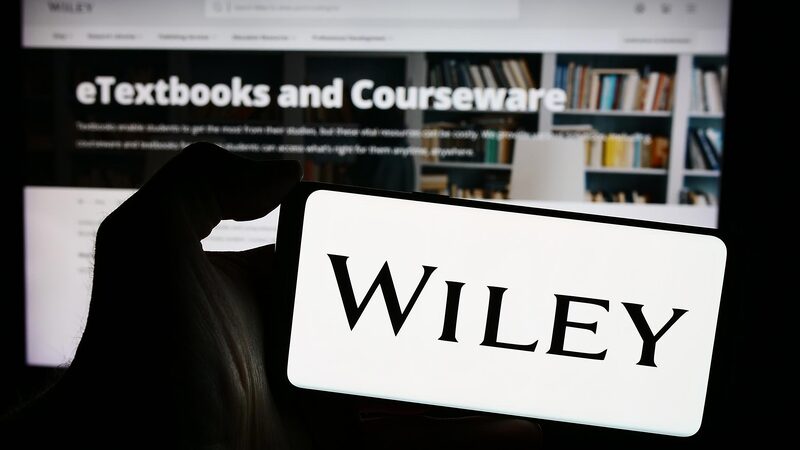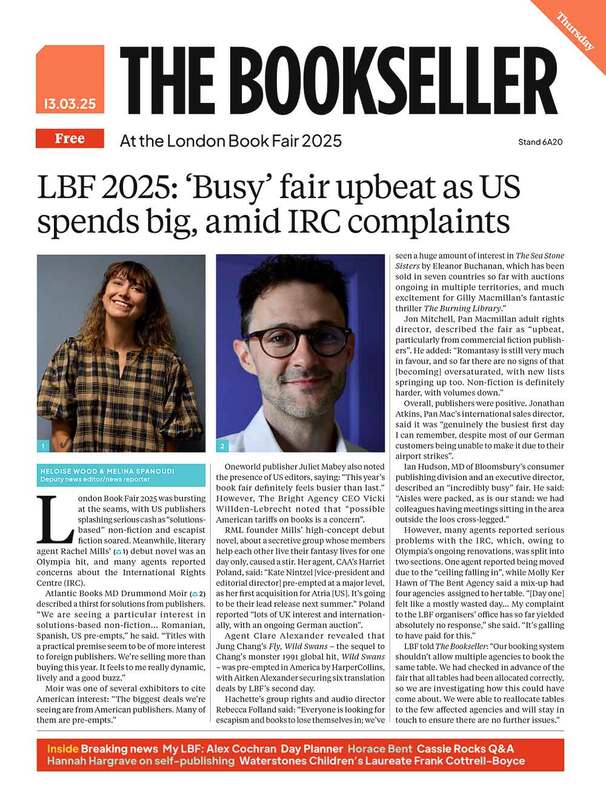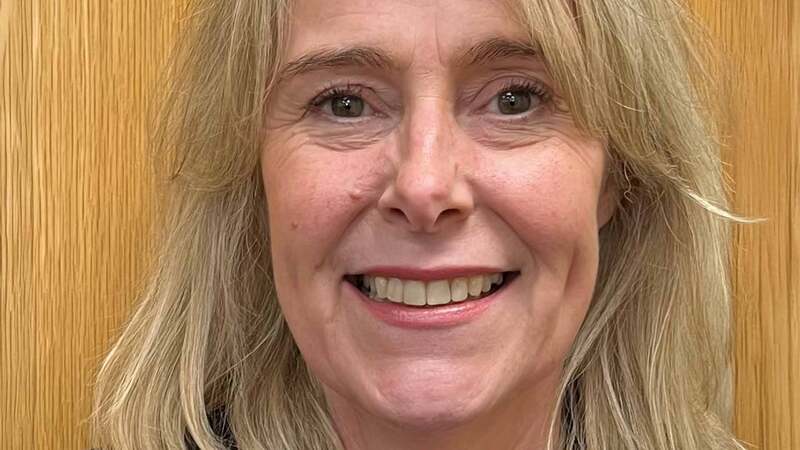You are viewing your 1 free article this month. Login to read more articles.
FBF: publishers urged to view author as customer
Publishers must re-orientate themselves to view the author as their customer, and strip away complications such as territorial rights agreements, delegates at Frankfurt Book Fair's digital conference Contec were told.
In a panel discussion about where they would invest their money, Bloomsbury executive director Richard Charkin (pictured) said he would "throw" all his money at the front-end "editing, design, love", with the latter directed at authors. "Our customer is not the reader, it is the author," Charkin said. "Authors can now choose how to get published. It is our job to sell ourselves to the best authors that we want to publish. I'm not sure the industry had fully embraced it. We talk it, but do we do it?"
Charkin argued that publishers had made an error in letting agents come between them and authors. "We have allowed someone else to come into the relationship in a big way, the literary agent, and this has complicated the relationship. This is not true in every country, but it is in the UK, US, and Germany, and we allowed it because publishers were not doing their jobs properly."
Profile's digital publishing director Michael Bhaskar listed a number of investments where he would put £10m, including Amazon, self-publishing, and a range of start-ups, including bundling business BitLit, and subscription outfit 24 Symbols. "With the other 25%, I'd put a lot of money into indie developers making games - probably the only sector where two people can still make millions of pounds. They are growing fast and there is potential to scale." But he added: "I'd avoid things that have too much exposure to bricks and mortar."
Georgina Atwell, a former Apple iBookstore executive, now founder of Toppsta Kids, said that if she had £10m she would "make sure every book that was published had a marketing budget and a marketing plan". She said publishing businesses were still hampered by layers of complexity, and said working with "leaner" indie authors had reinforced to her the benefits of being nimble and of having global rights—not split by individual territories.
Charkin agreed, noting that there was as "a time when you needed separate publishers to publish on both sides of the Atlantic, "but now the chasm between different markets had shrunk. "The old territorial splits that have happened for a hundred years or more are disappearing, and our industry hasn't quite adapted to this."
Bhaskar added that there were "few more complicated businesses than publishing", but that despite having the ability to publish globally, publishers still had to be respectful of local nuances.




















